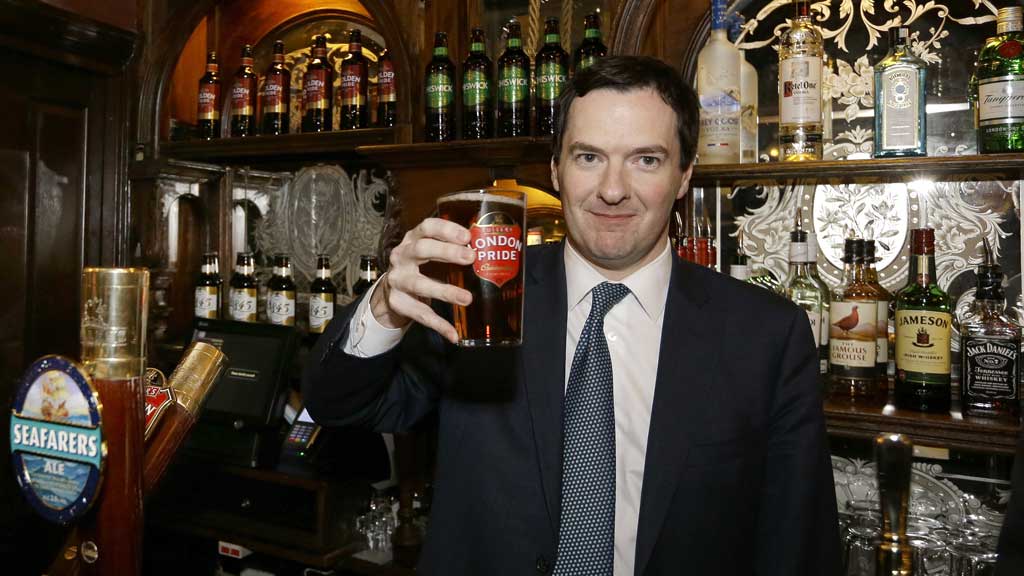Budget 2014: what to expect from George Osborne
Chancellor George Osborne will deliver his fifth budget on Wednesday. It is bound to include measures that could not have been predicted, but here is what we can expect.

One thing is certain: with the economy growing at a respectable rate after years in the doldrums, it will be a happier chancellor presenting this budget than on previous occasions.
Growth means improving tax revenues, which will help to bring down the deficit, but Mr Osborne is unlikely to take his foot off the austerity pedal: expect further cuts in public spending, do not bank on tax giveaways.
Tax-free allowances
George Osborne will announce an increase in the personal allowance: the amount of money we can all earn without paying 20p tax on it.
This will rise from £9,440 to £10,000 in April and is expected to increase again to £10,500, with the Liberal Democrats claiming particular credit for taking many low-paid people out of the tax system.
40p tax rate
Many Conservative MPs and former chancellors Lord Lawson and Lord Lamont want Mr Osborne to address the issue of “fiscal drag” in his budget: the fact there are 1.1 million more people paying the 40p rate of tax than when the coalition government was formed in 2010.
There are now 4.4 million people paying tax at this rate on earnings above £41,450. When the 40p rate was introduced by Nigel Lawson in 1988, 1.7 million people paid it.
Mr Osborne is unlikely to do enough to meet his Tory colleagues’ concerns. After all, he is reported to have told several of them recently that people dragged into the 40p tax band felt they had joined “the aspirational classes” and were more likely to vote Conservative.
Childcare
The government, in the form of David Cameron and Nick Clegg, made its childcare tax breaks announcement on Tuesday.
Tax relief for working parents will be more generous than expected and expanded to older children more quickly.
The new scheme, due to come into force from the autumn of 2015, will be worth up to £2,000 per child, compared with the £1,200 originally proposed.
It will apply to all children under 12 within its first year of operation rather than the seven-year programme envisaged when it was first announced by Mr Osborne a year ago.
Around 1.9 million families could benefit, twice as many as under the present voucher scheme, which is only available where adopted by an employer.
One bone of contention is that it excludes families where only one adult is in work.
The issue of childcare has risen up the political agenda, with one charity estimating that the average family will be spending two fifths of its income on childcare within a decade and a survey showing that childcare is costing as much as a mortgage.
Help to buy
Mr Osborne has also pre-announced that the first part of the government’s help to buy scheme will be extended.
Taxpayer backing for first-time buyers who purchase new properties was due to come to an end in 2016, but will now continue until 2020.
Stamp duty
Stamp duty on the purchase of property has become a big money earner for the Treasury as house prices rise.
With the average home now costing £250,000, buyers have to contend with a 3 per cent stamp duty bill. On homes costing up to £250,000, they pay just 1 per cent.
It is feasible that Mr Osborne will take action to cut the cost of buying a home.
Welfare
Mr Osborne has already introduced a benefits cap: a limit on how much a family can claim in welfare. Now he is set to go further by announcing a cap on total welfare spending by the government.